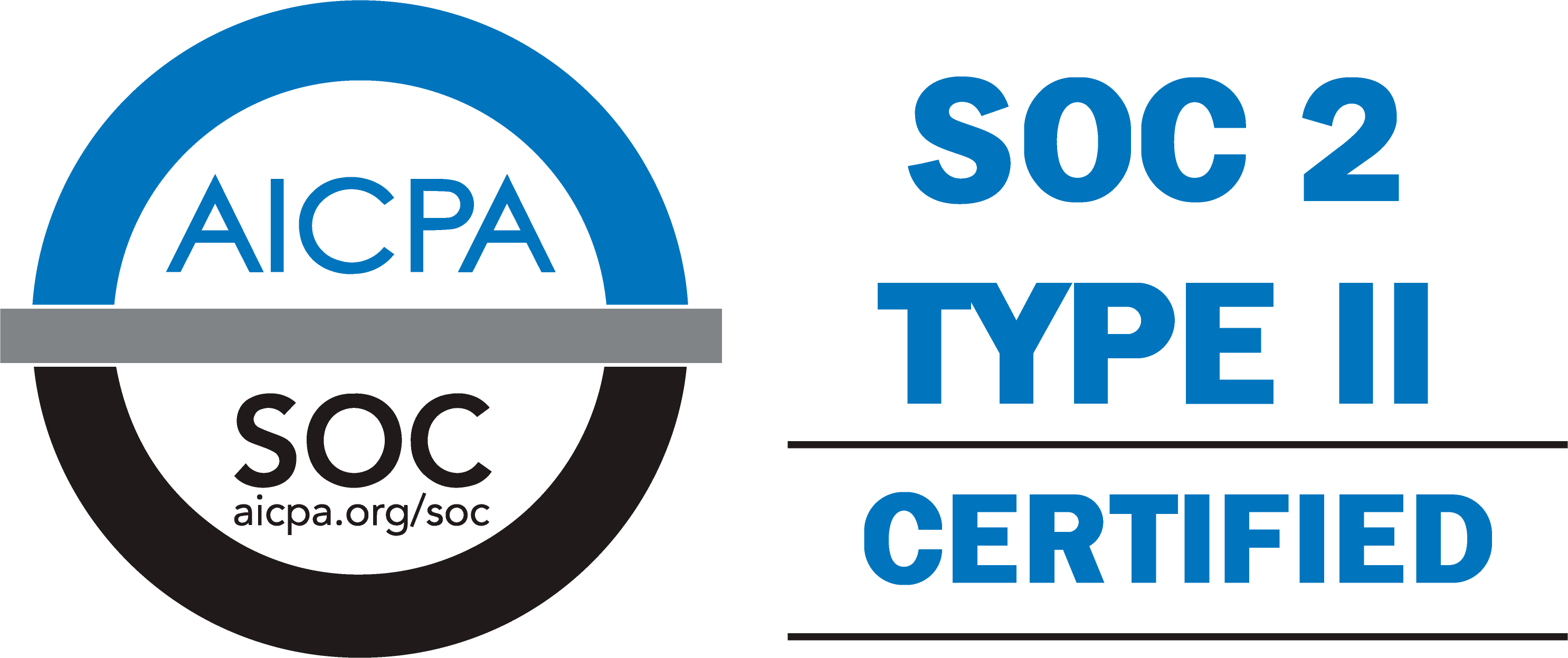|
July 6, 2022 |
Categories: Informative Articles |
Lucina’s Role in Reducing Incidence of Premature Births
The United States’ preterm birth rate, the percentage of babies born before 37 weeks each year, is among the worst of high-resource nations. While the overall rate in the United States declined slightly for the first time in six years to 10.1 percent in 2020, rates increased for Black, American Indian and Alaska Native women, who are 60 percent more likely than White women to give birth preterm.
Premature birth and resulting complications are the number one cause of death of babies in the United States, according to the March of Dimes. Meanwhile, those who survive premature birth often go on to experience long-term health problems. These can include cerebral palsy, intellectual disabilities, chronic lung and breathing problems, vision problems, and hearing loss.
Babies born prematurely may need to stay in the hospital longer than babies born full-term, may require NICU care, and may require treatment for lifelong health issues. In addition to the emotional hardship for a family with a sick baby, the financial cost of each baby born preterm is staggering. For example, the average cost for a NICU stay is $76,000, but for babies born earlier than 32 weeks, the average cost skyrockets to $280,000.
The good news is identifying women who are at risk of preterm birth early in pregnancy is a game-changer. Identifying these moms earlier allows for critical first-trimester prenatal visits, builds stronger doctor-patient relationships, and improves the chances they will receive quality care throughout their pregnancy.
Innovation, like Lucina’s AI-enabled digital platform using predictive data, can help play a significant role in helping to identify at-risk moms during the first trimester. While 40 percent of health plans miss pregnancy identification prior to birth, Lucina identifies 98 percent of moms before delivery and 70 percent in the first trimester. Overall, Lucina has helped national health plans achieve a 10 percent reduction in preterm birth, saving many young lives.
Partnering with Lucina has also led to a 10% reduction in NICU utilization, resulting in significant cost savings. Even when a baby still needs time in the NICU, early pregnancy identification and quality prenatal care can reduce the length of the baby’s stay. Lucina helped one health plan reduce their total NICU average length of stay by 2.3 days, saving an average of $13,000 per NICU admission.
To learn more about how Lucina’s technology is leading to healthier moms and babies and significant economic savings, don’t forget to follow us on LinkedIn and Twitter.



